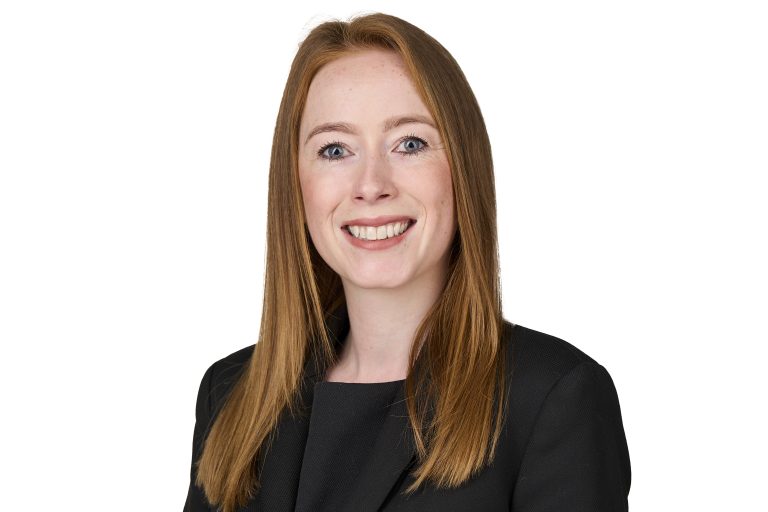At our Family Law Surgeries, we offer a FREE one-hour in-person consultation with one of our specialist family lawyers. Find out more >> |
To discuss, in strict confidence, any issue concerning Divorce, Separation, Family Law, or Family Mediation, our Family Law Team is available on 01225 462871. Alternatively, you can email them, or complete the contact form at the foot of this page. |
A Divorce does not bring an automatic end to any financial obligations you and your spouse might have to one another.
Unless the split of your assets is set out in a Court Order you will not have a clean break from your spouse, which may mean that he or she can claim further money or property from you in the future.
Reaching a Financial Settlement
Reaching a financial settlement is very often a cause of considerable concern to anyone contemplating a Divorce. We have a great deal of experience in negotiating effective financial settlements for our clients. We are accustomed to dealing with clients with complex financial affairs, including multiple properties, businesses, offshore assets, family trusts and complex pensions and we have, over many years, built up a professional network of specialists in the area of relationship breakdown including tax advisers, accountants and pensions experts, whom we can involve if required.
We will ensure that robust negotiations are carried out, but that the proceedings are not unduly protracted. If you have children, their welfare will be a very important consideration in the financial settlement.
“Sarah Jackson was extremely professional, proactive and thorough, whilst being friendly and approachable. She communicated well, kept me up to date and explained the processes throughout. She provided an excellent service and made everything as straightforward as possible for me.” SS, Client
See our helpful Guides covering every aspect of Divorce and Family Law. |
Importance of financial disclosure
We will need to see full details of yours and your spouse’s financial circumstances to advise you properly.
The first step will be to see if your spouse is prepared to exchange financial disclosure on a voluntary basis with a view to negotiating a settlement through Solicitors. If so, we will assist you to obtain your spouse’s full disclosure, to analyse this and your disclosure, advise on appropriate settlement proposals and negotiate with your spouse on your behalf.
We find that most cases are settled in this way.
However, if disclosure is not forthcoming or if negotiations become protracted you may need to issue an application to the court for a financial Order within the Divorce proceedings. If this is necessary, one of our specialist Family Lawyers will be able to guide you through the court process.
It is important to point out that a couple can continue to try to reach a settlement throughout the court process and only a very few cases are actually resolved by a final hearing in front of a judge.
“My solicitor made me feel less nervous. She was excellent and had such a lovely way about her.” VC, Client
Court remedies
In divorce, judicial separation or the dissolution of a civil partnership, the court has the power to make a variety of orders:
- The sale or transfer of property;
- Payment of lump sums;
- Pension sharing or attachment orders;
- Periodical payments (or maintenance).
The law sets out the factors which must be taken into account by the court when considering a financial application made within divorce proceedings. There is no codified formula for the division of assets – it is a discretionary system. The primary consideration is the welfare of any dependent children but the court must also take into account your respective incomes and earning capacities, your savings, your housing needs, your pensions, the duration of the marriage, your overall contributions, your health and any other circumstances of the case. The court is required to balance these criteria when considering the claims of each partner and to reach a decision which is fair.
Different courts work to slightly different time-tables, but generally you need to allow about a year to 18 months from the date when we make the first application to the final hearing.
“I can’t fault the service that Sarah Jackson gave. She was always on the ball with everything that happened with my case.” JB, Client




